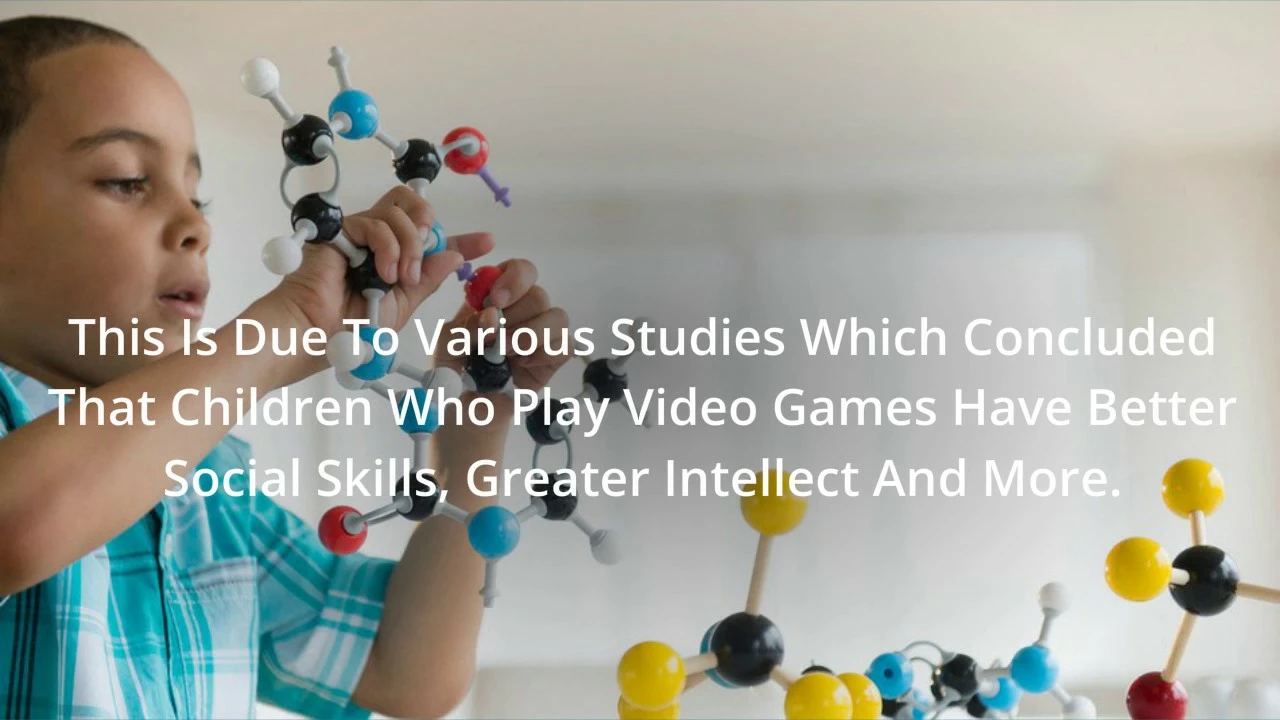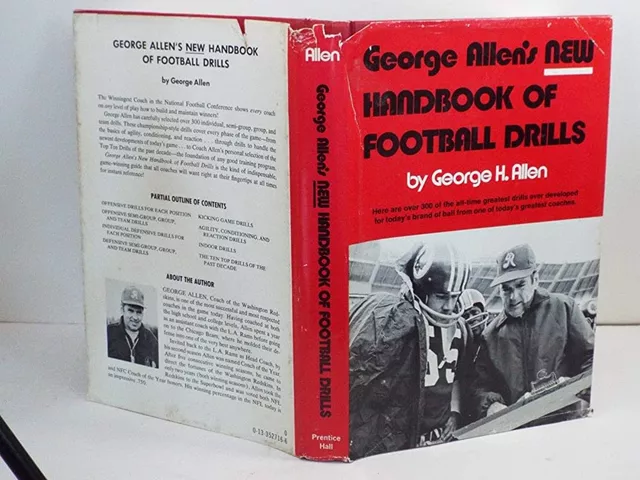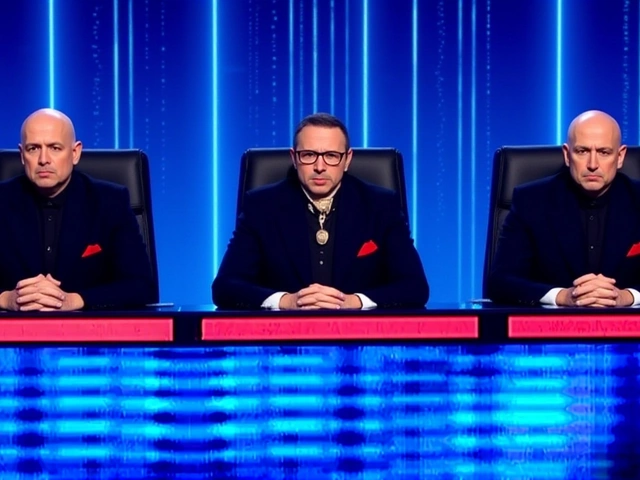Unleashing Creativity: Artistic Games
Kids have an innate ability to express themselves creatively, and games that nurture this flair can help expand their minds. Artistic games are not limited to drawing and painting; they can include music, dance, and even drama. These games allow children to express their emotions, experiences, and ideas in unique and creative ways. By enabling kids to experiment and create, these games help enhance their problem-solving skills, critical thinking, and imagination.
One such game is 'Tux Paint', a free drawing program designed for young children. It provides a simple yet fun platform for kids to explore their artistic side. With its easy-to-use interface and a variety of drawing tools, Tux Paint encourages children to be creative and imaginative. Another great game is 'Minecraft', which allows kids to build and create their own world, thereby enhancing their spatial reasoning and problem-solving skills.
Nurturing Critical Thinking: Puzzle Games
Puzzle games are excellent tools for helping children develop their critical thinking skills. They challenge kids to think logically and strategize, which can significantly enhance their cognitive development. These games also help improve concentration, patience, and persistence as children work to solve puzzles and progress through levels.
'Professor Layton', for instance, is a series of puzzle games that require players to solve a variety of challenges to progress through the story. These games help kids develop logical thinking, deductive reasoning, and problem-solving skills. 'Sudoku' and 'Tetris' are other great puzzle games that can help kids improve their number skills and spatial awareness respectively.
Exploring Science: Educational Games
Science games can make learning fun and interesting for kids. These games can cover a range of topics from physics to biology, and they can help children understand complex scientific concepts in an engaging and interactive way. Science games can also foster curiosity and encourage kids to explore and ask questions, which are essential skills for scientific inquiry.
Take 'Kerbal Space Program' for example. This game allows kids to build their own spacecraft and explore the cosmos, teaching them about space exploration and physics in the process. 'Human Resource Machine' is another excellent game that introduces kids to programming and logic in a fun and accessible way.
Boosting Memory: Card Games
Card games are simple yet effective tools for improving memory and concentration in kids. They require players to remember the positions of different cards and make strategic decisions based on their memory. This can help enhance kids' short-term memory and attention to detail.
Games like 'Memory' or 'Concentration' are perfect examples of card games that can boost memory. In these games, cards are laid face down and players take turns flipping over two at a time in an attempt to find a match. This requires concentration and a good memory to remember the position of each card. 'Uno' is another popular card game that can help kids improve their number recognition and strategic thinking skills.
Developing Strategy: Board Games
Board games are a classic way to help children develop their strategic thinking skills. They encourage kids to plan ahead, anticipate the moves of other players, and adapt their strategies based on the changing game situation. These skills are not only useful for playing games but also for navigating real-life situations.
'Chess' is one of the most popular strategic board games worldwide. It challenges players to think multiple steps ahead and teaches them about the importance of strategic planning. 'Catan' is another excellent game that requires players to manage resources, plan, and negotiate with other players to build their own civilization. These games can help children develop a variety of skills including decision-making, problem-solving, and strategic thinking.






Write a comment